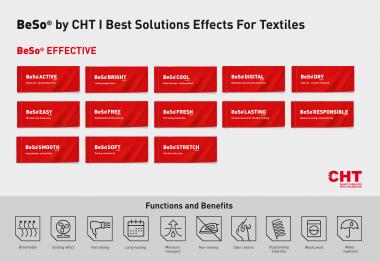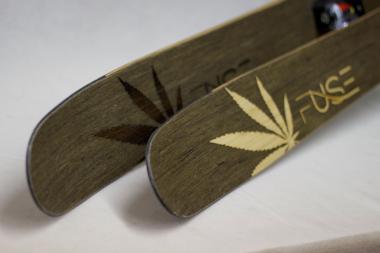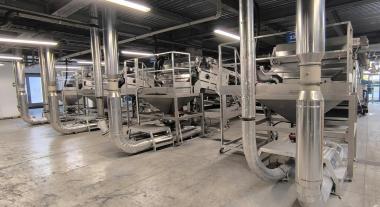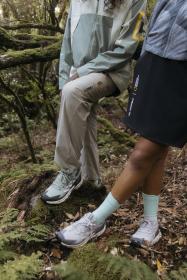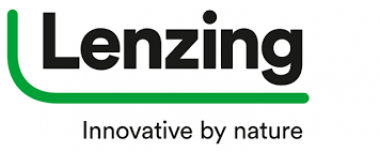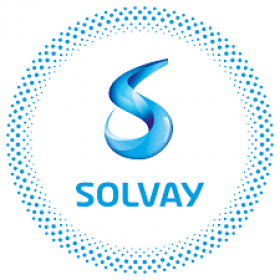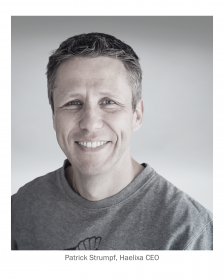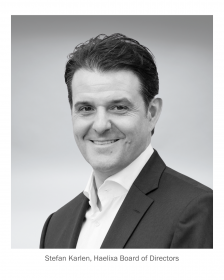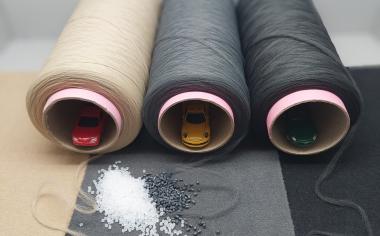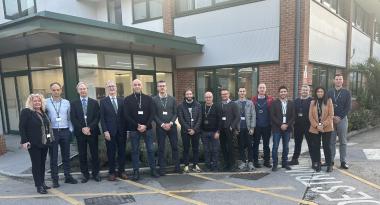Autoneum: New Business Unit for Commercial Vehicles
Autoneum has established a new Business Unit Commercial Vehicles to expand its existing truck business and to increase revenue and profitability in this vehicle segment as part of the Group’s strategic focus on profitable growth. To begin with, the Business Unit will focus on the commercial vehicles business in Europe and South America, as these two regions have a comparable customer base. The Business Unit is responsible for the global commercial vehicles business development, while its financial results will be consolidated within the Business Groups.
The new Business Unit focuses primarily on the business with components for medium and heavy trucks as well as agricultural commercial vehicles. Following the acquisition of Borgers Automotive in April last year, Autoneum has significantly expanded its product and technology portfolio for these vehicle segments. In combination with the Company’s global presence and diversified customer structure, this provides an ideal basis for future profitable growth. Autoneum already operates plants which manufacture products for the exterior and interior of commercial vehicles in Belgium, Czech Republic, France, Germany and Poland, as well as in Brazil. With the creation of a dedicated Business Unit Commercial Vehicles, Autoneum aims to leverage its existing production footprint in order to further grow the business worldwide.
As with the product portfolio for light vehicles, Autoneum’s multifunctional, lightweight and sustainable systems and components are suitable for commercial vehicles of all drive types. Autoneum is therefore well positioned for the expected increase in electric models due to more stringent environmental regulations.
Autoneum





